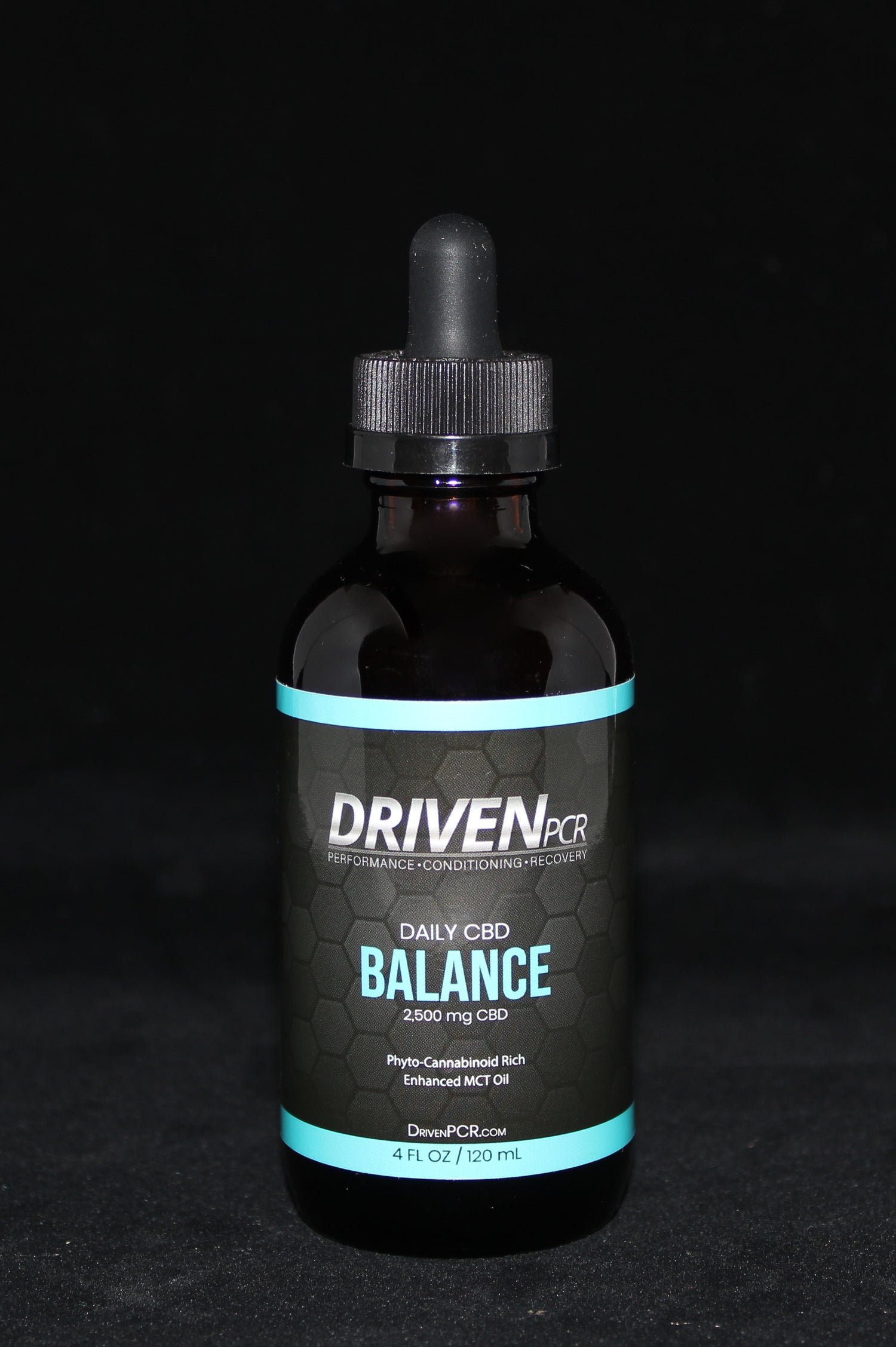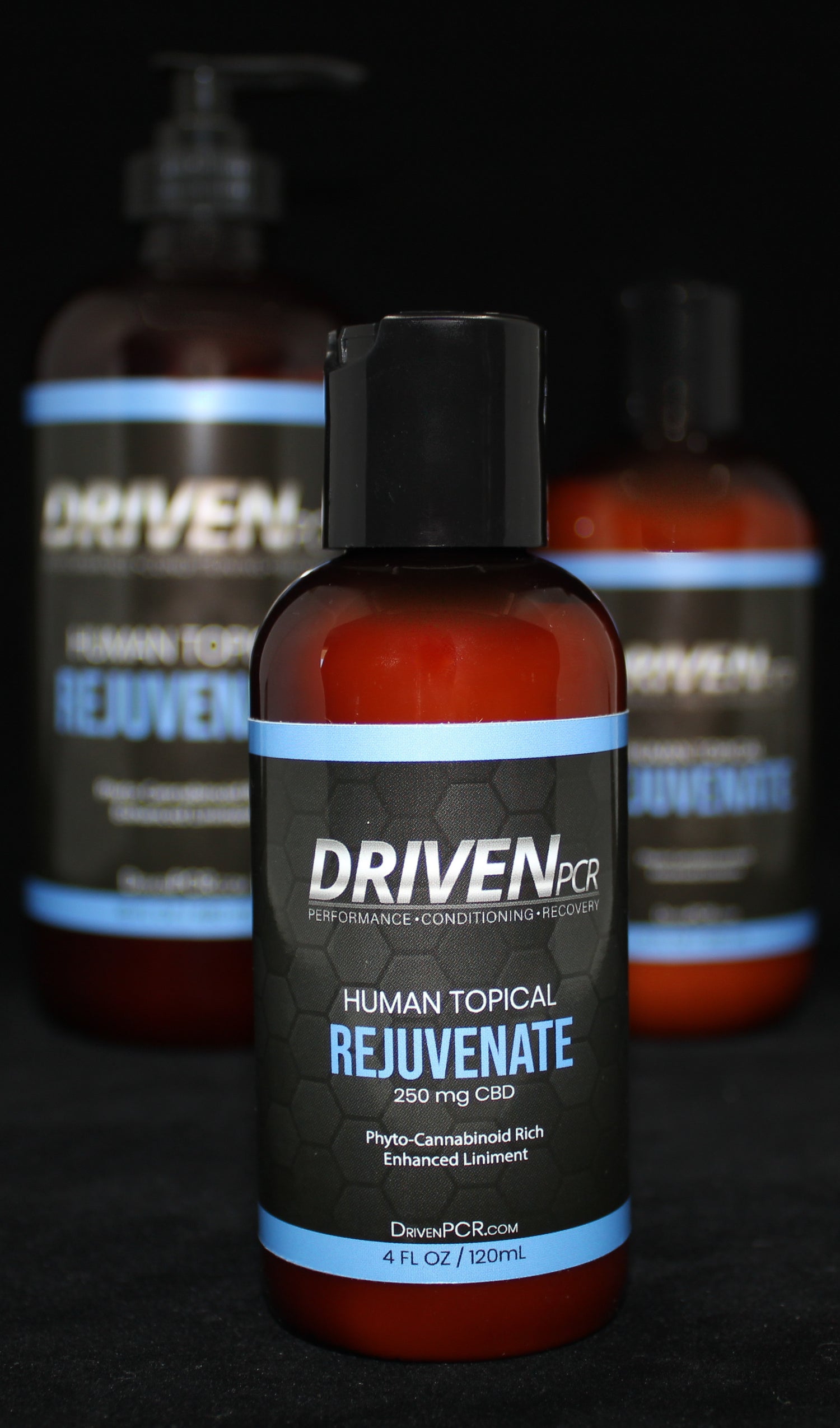WHAT IS CBD?
CBD is an acronym for cannabidiol and is a complex of cannabinoids found in the cannabis plant. Extracted from the stalk and seed of industrial hemp plants, CBD oil is a natural botanical concentrate that is high in the compound CBD and very low in THC (less than 0.3%). This means that CBD oil will NOT get you high. CBD is NOT psychoactive. This means that it does not change the state of mind of the person who uses it. However, it does appear to produce significant changes in the body and has been found to have major benefits.
Cannabis plants produce thousands of compounds but the most well known belong to a class called cannabinoids. There are several cannabinoids but the two that are most well-known among consumers are THC (tetrahydrocannabinol) and CBD (cannabidiol). THC is of course known for its effects of making you "high" whereas CBD has no such effect. This makes CBD very appealing to those looking to gain the tremendous health benefits that cannabinoids have to offer, without the mind altering side effects.
The World Health Organization has recognized CBD as being safe, non-toxic and with very few side effects.

Is CBD Legal?
On December 21, 2018, President Donald Trump signed the 2018 Farm Bill legalizing hemp in the United States. Hemp is a variety of the Cannabis plant, but only contains extremely low levels of THC – the psychoactive inducing component known to get people high. With its low (<0.3%) THC content, the Farm Bill removes hemp from the list of federally controlled substances making hemp classified the same way as any other agricultural crop. This means that hemp will no longer be managed by the DEA. Instead, it will now be managed by the USDA.
The 2018 Farm Bill also removes CBD from the Controlled Substances Act, which helps define CBD’s legal status. Prior to the Farm Bill, the legalities of shipping across state borders wasn’t exactly clear. Now there are no restrictions on the sale, transport, or possession of products derived from hemp in accordance with the law.
What Are Some Benefits To Using CBD Oils?
To be clear, cannabidiol (CBD) oil has not as of yet been approved by the FDA as a drug. As such we cannot outwardly claim that it is capable of diagnosing, treating, or curing any form of clinical disease or medical ailment.
However, the scientific studies that have been carried out on CBD as a potential therapeutic treatment option have been astounding! Moreover, the CBD compound (along with other natural cannabinoids) is currently patented by the U.S. Government for its use as both an antioxidant and a neuroprotectant.
As such, many people take CBD as a daily preventative supplement to maintain overall cell health, improve cell-to-cell communication between various parts of the body and central nervous system, and improve whole-body balance and homeostasis.
Many scientific studies have been performed testing the reported benefits of CBD. Among many other things, it has been shown in research to be able to:
-
Relieve chronic pain
-
Reduce inflammation
-
Reduce symptoms of anxiety and depression
-
Help with chronic obesity and weight loss
-
Reduce the occurance of insomnia and other sleep disorders
-
Improve memory and cognition

How do I take CBD?
Cannabidiol CBD oil works by interacting with the body’s endocannabinoid system, and it can be ingested/consumed in a number of different ways.
The most popular way, however, is to administer orally as a sublingual tincture. When taken orally, you simply place drops of oil under the tongue, then hold for approximately 60-90 seconds before swallowing. Because the area under the tongue is a ‘hotbed’ of blood vessels and glands, the activated CBD is directly absorbed into the bloodstream without being broken down or metabolized by the digestive system. This allows for a quick, long-lasting, and extremely potent delivery.
CBD products for pain (or any other ailment) can also be taken as capsules for those that have trouble with sublingual delivery. While capsules are quick, easy, and super convenient, their major disadvantage is that they have to pass through the liver and digestive system, which causes a certain percentage of the compound to be lost due to metabolic breakdown. Also, the therapeutic effects of CBD capsules are generally not as long-lasting as those of sublingual CBD oil, so you have to take more of the product to obtain the same level of therapy.
Serving Recommendations
*Loading Dose - For best results, take 4ml (84 mg) per day for first seven days.*
Daily Servings:
Mild Pain Level: 1 ml (21mg) per day - 1 oz = 625 mg (30 servings)
Mild/Severe Pain Level: 2 ml (42 mg) per day - 2 oz = 1250 mg (30 servings)
Severe/Chronic Pain Level: 4 ml (84 mg) per day - 4 oz = 2500 mg (30 servings)
